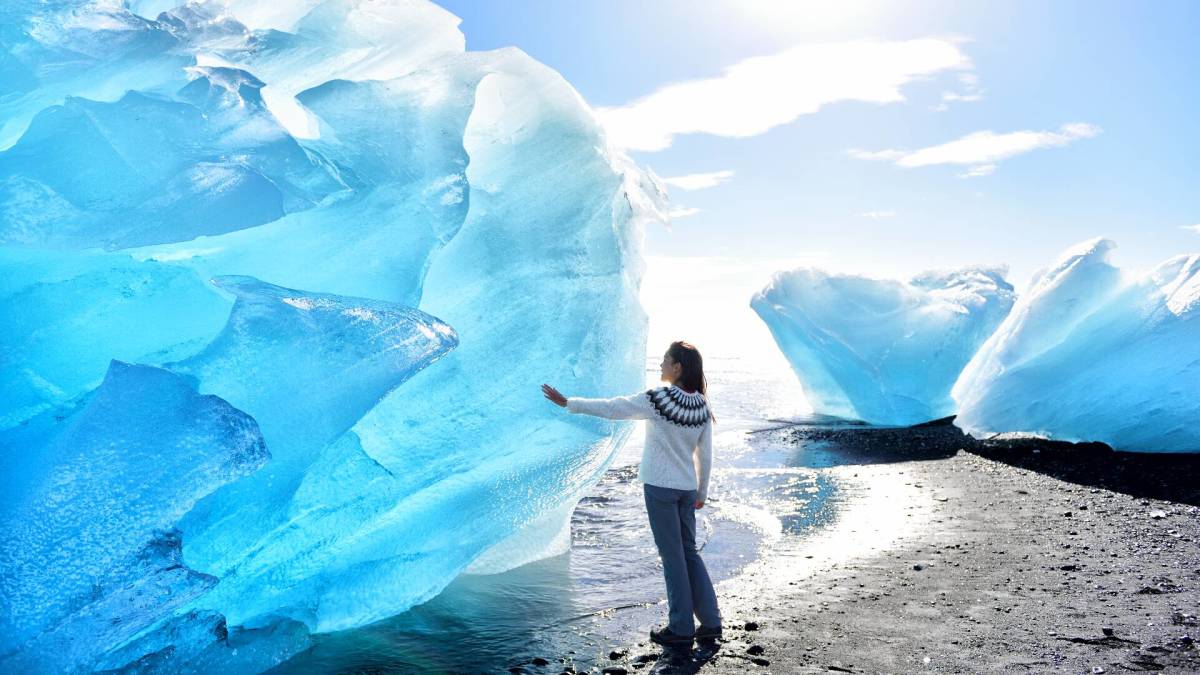
While originally used by some locals as a joke, the term "tourist tax" has been picking up significant traction over the years.
Last February, Thailand ended several years of internal deliberations and started collecting money toward cleaning up and protecting some of its most popular attractions by charging international arrivals between 150 and 300 baht (up to $9 USD). At the start of September, the Italian city of Venice announced that it would try charging visitors older than 14 coming into the city for the day five euros. The strategy, the Venetian city council said, was not a "tool for making cash" but a way to "regulate tourist flows" and encourage visitors to come to the city outside the most popular and crowded periods.
Related: The hotel ranked best in the world will surprise you
The newest country to join the tourist tax train is the nordic nation of Iceland. While attending the United Nations Climate Ambition Summit 2023 in New York City, Prime Minister Katrín Jakobsdóttir told Bloomberg that the country would be introducing something similar in the future.

Shutterstock
'Most of our guests visit unspoiled nature': Iceland's PM hints at tourist tax
"Tourism has really grown exponentially in Iceland in the last decade and that obviously is not just creating effects on the climate," Jakobsdóttir said in an interview with Bloomberg Television reporter Shery Ahn. "Also most of our guests visit our unspoiled nature and obviously that creates a pressure."
While she did not reveal any specifics around the timeframe and amount of such a fee, Jakobsdóttir said that it was necessary to mitigate some of the environmental impact from the skyrocketing tourism to the country over the last decade.
Until national airline Icelandair started offering American tourists on the way to Europe a free "stopover" in Reykjavik the 1960s, the country was viewed by many only as a remote and expensive island somewhere in the Atlantic Ocean.
As stunning shots of Iceland's waterfalls and glaciers started circulating on social media several decades later, the country exploded in popularity as a tourist destination — while it is home to just over 372,000 citizens, more than 1.7 million people came to visit in 2022. Tourism also accounts for more than 6% of Iceland's GDP.
The flip side is that Iceland is feeling the strain from the environmental end both from such a large inflow of tourists and the the wider global impact of climate change.'
These are some of the other places where you have to pay a 'tourist tax'
"A lot of the companies working in the tourism sector are finding ways to really turn over to circular economy," Jakobsdóttir told Bloomberg. "So that change is happening but it is a challenge."
When pressed for more details around what the tariff would look life, Jakobsdóttir said that details are still being worked out but the tax would "not be high."
While countries such as Bonaire and Brunei have a flat out "entry fee" that can in some cases run steep (a $200-a-day "sustainable development fee" for the latter), European capitals largely take the strategy of tacking on a tax to one's hotel or Airbnb (ABNB) -) stay. This can take the form of two euros per day in Spain's Valencia or 7% of the hotel price and an additional three euros a night in Amsterdam, another city that has been dealing with tourism-related overcrowding.







